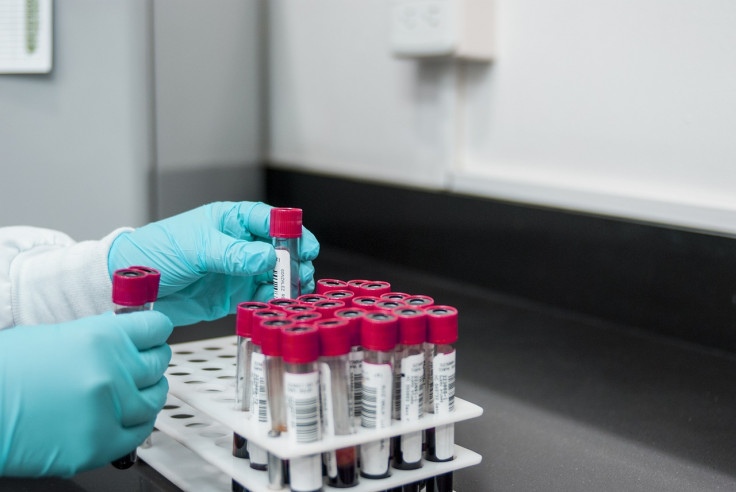Simple Blood Test Can Predict Risk Of Heart Attack In Next 6 Months

Predicting the risk can go a long way in preventing heart attacks. Researchers have now found that a simple blood test, when coupled with an online tool, can predict a person's risk of a heart attack within the next six months.
The researchers at Uppsala University in Sweden developed the idea based on the hypothesis that several biological processes unfold in the months leading up to a heart attack, which can be identified through a blood test.
"The time just before a heart attack is very dynamic. For example, the risk of a heart attack doubles during the month after a divorce, and the risk of a fatal heart event is five times as high during the week after a cancer diagnosis," said Johan Sundström, a cardiologist and professor of epidemiology at Uppsala University, who led the research.
The researchers had blood samples from six European groups, comprising 169,053 individuals with no history of heart disease. In six months, 420 of them had their first heart attack. The researchers then looked at their blood samples and compared them to 1,598 healthy people from the same groups. The results were published in the journal Nature.
"We wanted to develop methods that would enable the health services to identify people who will soon suffer their first heart attack. We identified around 90 molecules that were linked to a risk of a first heart attack. However, the samples that are already taken in healthcare now are enough to predict the risk. We hope that this will increase people's motivation to take their preventive medicine or stop smoking, for example," Sundström said.
The research team also developed an online tool that allows anyone to determine their risk of having a heart attack within six months. The team said that by being aware of the risks, patients can be motivated to make lifestyle changes and prevent heart attacks.
"This was one of the aims of the entire study, since we know that people feel relatively low motivation to follow preventive treatments. If you find out that you happen to have an increased risk of suffering a heart attack soon, perhaps you will feel more motivated to prevent it," Sundström said.
The researchers will now further examine the identified molecules to better understand them and explore the possibility of treatment. "We hope to be able to carry out a new study here in Uppsala to see whether the online tool provides the kind of motivation we intend," Sundström concluded.



























